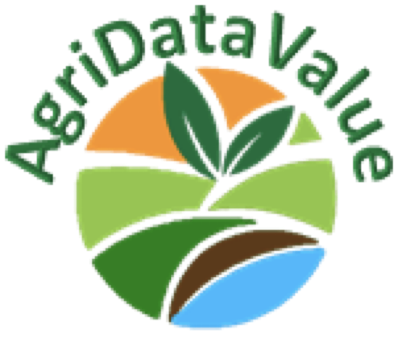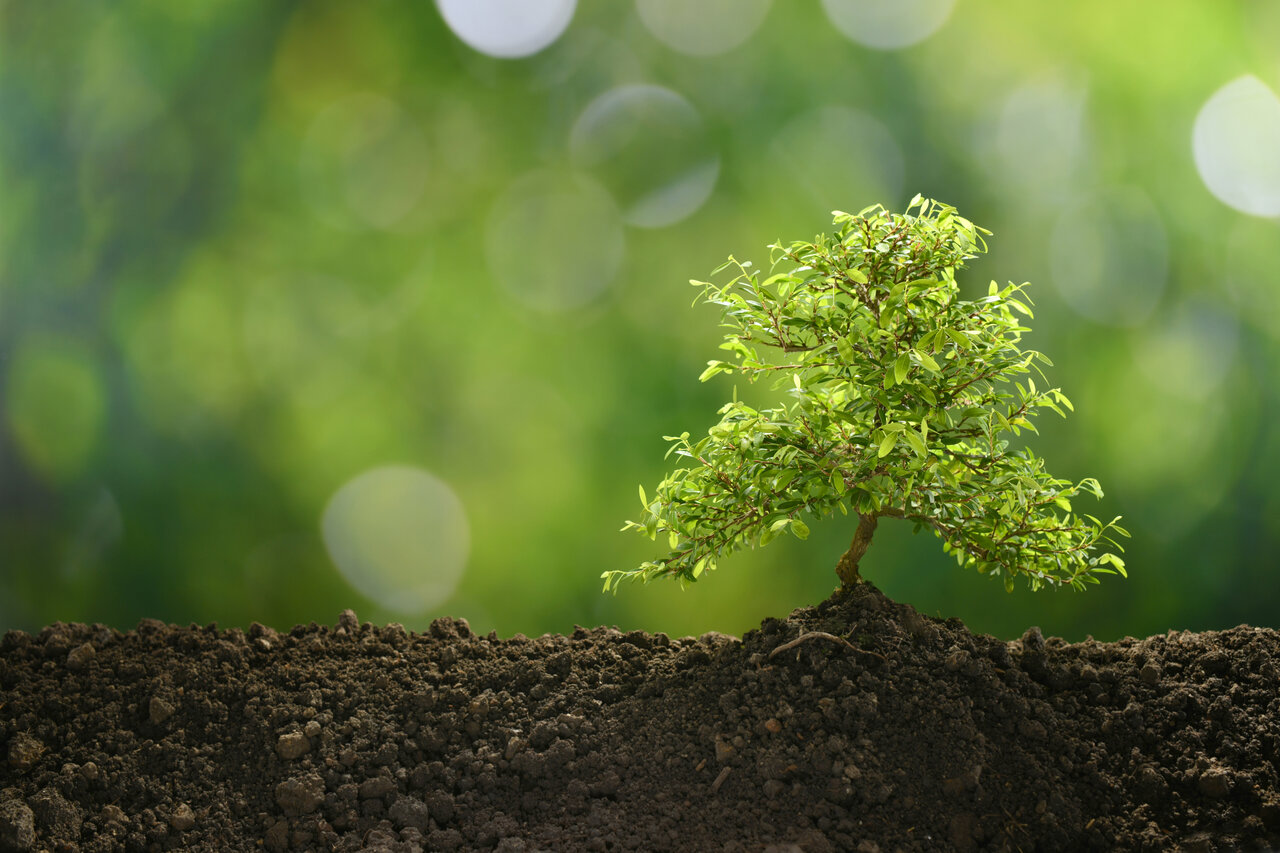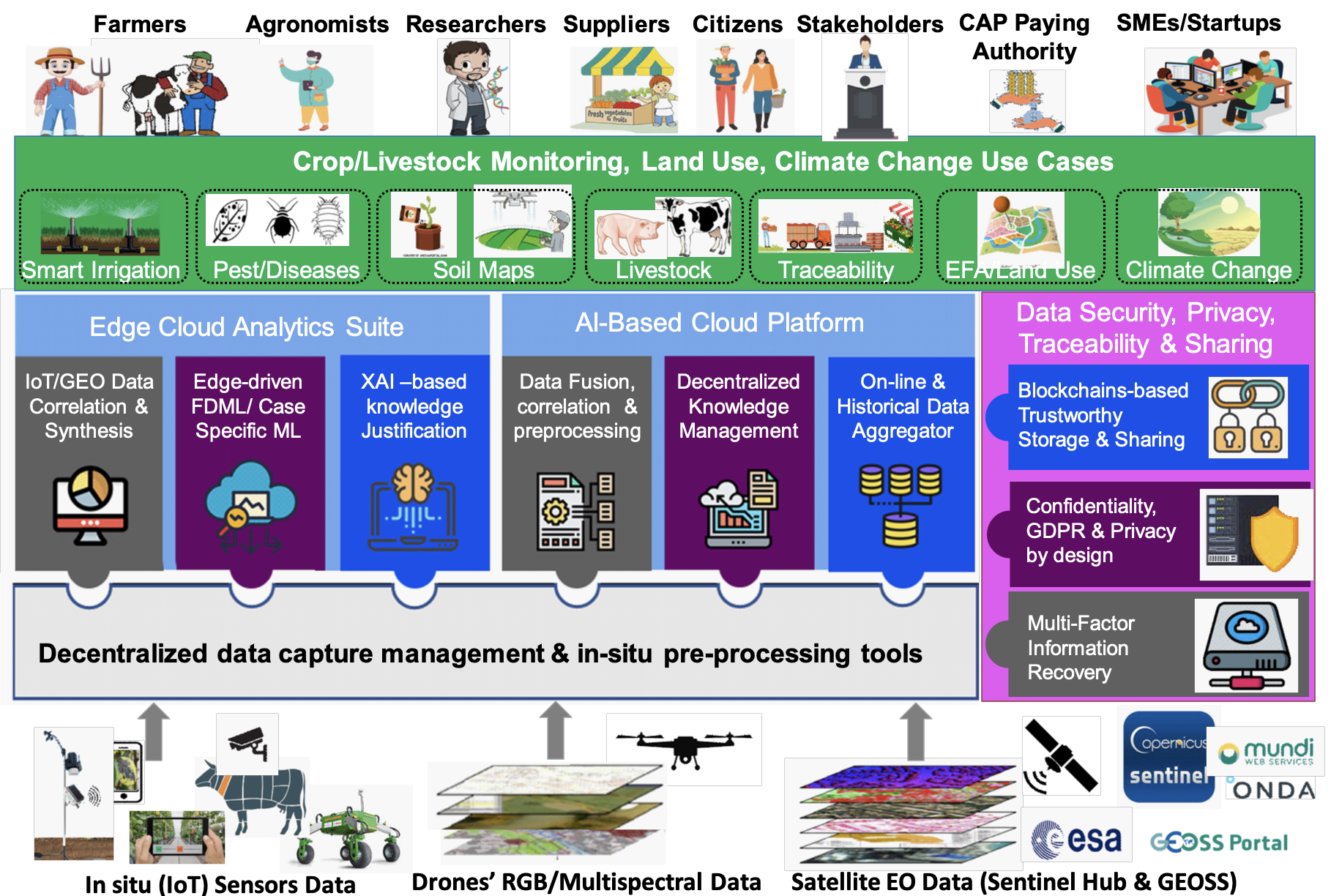By the year 2050, planet Earth will be the home to more than 10 billion people, and we need to increase agricultural production for as much as 65% to feed all inhabitants. Today, we are already cultivating almost every piece of land we can, consuming more than 70% of drinking water for crops’ irrigation (and more than 60% of this water is wasted due to overirrigation) and use more than 220.000 tonnes of synthetic fertilisers and pesticides annually only in Europe, further aquifer contamination via deep infiltration, while jeopardising our fragile eco-system and causing climate change. Beyond water waste, overirrigation increases the potential of crop yield loses from fungal and bacterial foliar, disturbs the oxygen balance of the root zone, reduces plant water uptake, causes a decrease in soil temperature, thus reduces root growth, increases energy use for pumping, causes leaching of nitrogen and other micronutrients, roots rotting diseases. Similarly, livestock plays a significant role in balancing climate ecosystem. In Europe (EU27), the agricultural sector is responsible for 11% of total greenhouse gas emissions, while an excessive concentration of greenhouse gases, such as carbon dioxide (CO2), methane (CH4) and nitrous oxide (N2O) from livestock enteric fermentation, raises the average annual temperature, contributing to the global warming.




